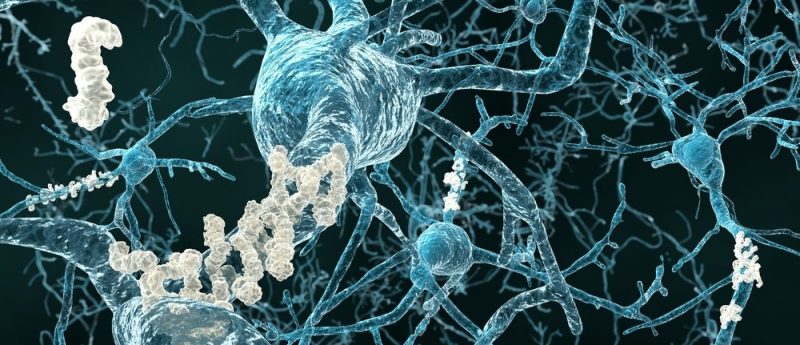Diabetes drug fights memory loss in mice with Alzheimer’s

Originally developed to treat type 2 diabetes, the triple GLP-1/GIP/glucagon receptor agonist was found to ‘significantly reverse memory loss’.
In research recently published in Brain Research, international scientists have demonstrated significant improvements in learning and memory in mice with Alzheimer’s after treatment with a diabetes drug. The drug combines glucagon-like peptide-1 (GLP-1), glucose-dependent insulinotropic polypeptide (GIP) and glucagon agonists. GLP-1 and GIP have previously been shown to have promising effects in animal models of Alzheimer’s disease.
Doug Brown, Director of Research and Development at Alzheimer’s Society (UK), explained: “With no new treatments in nearly 15 years, we need to find new ways of tackling Alzheimer’s. It’s imperative that we explore whether drugs developed to treat other conditions can benefit people with Alzheimer’s and other forms of dementia. This approach to research could make it much quicker to get promising new drugs to the people who need them.”
Transgenic mice that express human mutated genes that cause Alzheimer’s were injected once daily for 2 months with the drug. Mice treated with the drug were found to have a significantly reversed memory defect, as demonstrated by completion of a special water maze test. Levels of BDNF, a grown factor that protects synaptic function, synaptophysin and neurogenesis in the denate gryus were all enhanced, demonstrating protection and recovery from synaptic loss. Finally, total amount of β-amyloid, neuroinflammation, and oxidative stress in the cortex and hippocampus were reduced.
Lead researcher Christian Holscher (Lancaster University, UK) commented: “These very promising outcomes demonstrate the efficacy of these novel multiple receptor drugs that originally were developed to treat type 2 diabetes but have shown consistent neuroprotective effects in several studies.
“Clinical studies with an older version of this drug type already showed very promising results in people with Alzheimer’s disease or with mood disorders….further dose-response tests and direct comparisons with other drugs have to be conducted in order to evaluate if this new drugs is superior to previous ones.”
Sources: Tai J, Liu W, Li Y, Li L, Hölscher C. Neuroprotective effects of a triple GLP-1/GIP/glucagon receptor agonist in the APP/PS1 transgenic mouse model of Alzheimer’s disease. Brain Res. 1678:64-74 (2018); https://www.eurekalert.org/pub_releases/2017-12/lu-dd122017.php